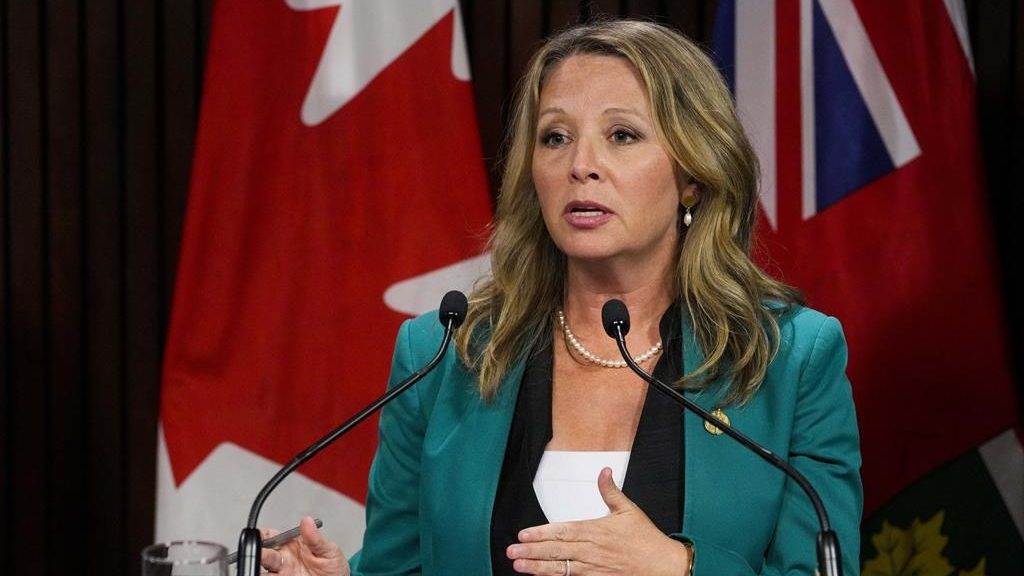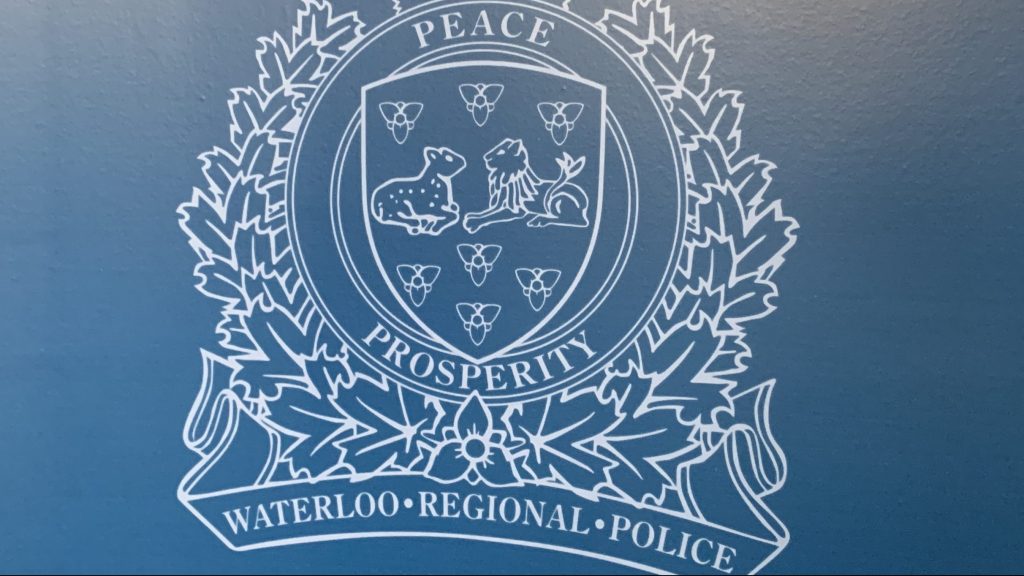Scientists lobby Mexico president over endangered porpoise
Posted Dec 19, 2018 06:19:07 PM.
This article is more than 5 years old.
MEXICO CITY — A group of prominent scientists issued an appeal Wednesday to Mexico’s new president, Andres Manuel Lopez Obrador, calling on him to take the unprecedented step of outlawing the possession of gill nets in the upper Gulf of California to save the critically endangered vaquita porpoise.
The vaquita is the world’s smallest and most endangered porpoise, and lives only in the Gulf, also known as the Sea of Cortez. Experts say as few as 15 of the marine mammals remain in the wild, and none have ever been held in captivity.
The vaquita has been driven to the brink of extinction by gill nets set illegally to catch totoaba, a fish whose swim bladder commands astronomical prices and is considered a delicacy in China. Vaquitas become entangled in the totoaba nets and drown.
While the Mexican government has banned the use of such nets in the vaquita’s known range, the rule has been almost impossible to enforce.
So the scientists are calling in an open letter to Lopez Obrador’s top environmental officials that the government ban possession of the nets in the whole area. The researchers also called for land patrols and inspections of boats setting out to sea to enforce the ban. At present, authorities patrol the area but poachers often flee in high-powered boats and make it to shore.
“This is the only practical option for effectively enforcing the law,” wrote the scientists, who included experts like Barbara Taylor at the U.S. National Oceanic and Atmospheric Administration and Omar Vidal of the World Wildlife Fund.
The letter also called on the government “to protect the vaquitas that still remain,” a daunting task but one that recent research suggests can still be accomplished.
A voyage by researchers in late September sighted six or seven of the creatures, including a mother with a new calf. The sightings suggested that most of the remaining vaquitas have gathered in a roughly a 12- by 25-mile (20- by 40-kilometre) rectangle, a small enough area that it could potentially by protected by floating barriers to keep out the small boats used by poachers.
“Your administration can save the vaquita and set an example for Mexico and the world,” the scientists wrote to Lopez Obrador.
Mark Stevenson, The Associated Press










